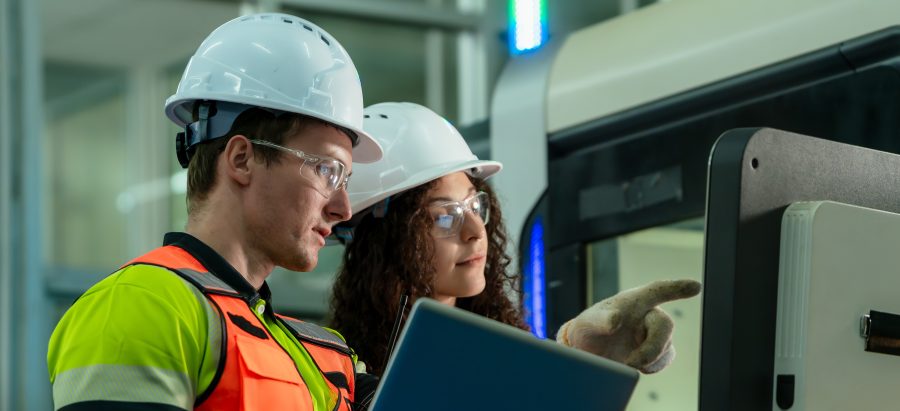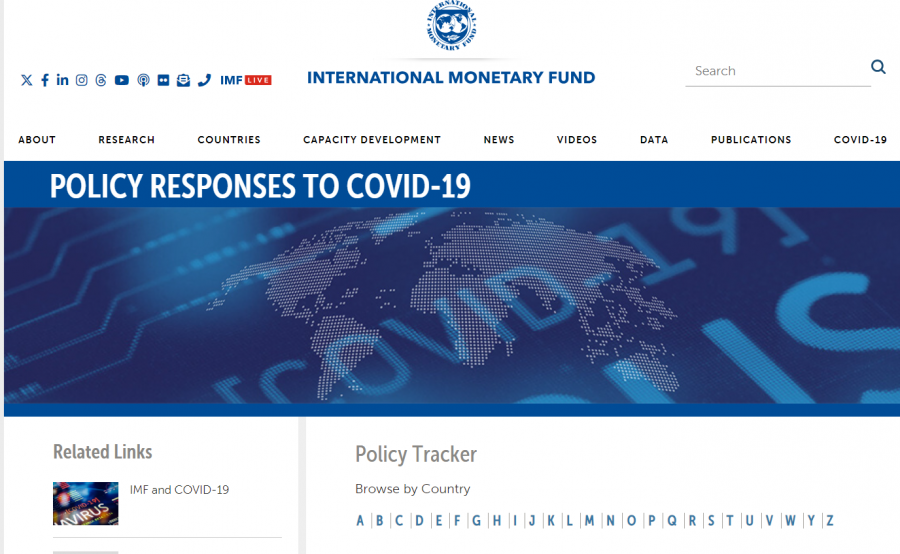The Department of Manufacturing and Mechanical Engineering Technology (MMET) has recently announced two new online programs: the MS and the PhD in Manufacturing Engineering. Previously, these programs were available only on campus.
Both Michigan Tech’s online master’s degree and PhD program, designed in partnership with industry, stress manufacturing competitiveness. This competitiveness is central to smart manufacturing, modeling, simulation, sustainability, additive manufacturing, and advanced materials. All of these areas are crucial to Industry 4.0.
The programs’ practical core curriculum, which covers both the breadth and depth of manufacturing engineering, is inspired by Society of Manufacturing Engineer’s Four Pillars of Manufacturing Knowledge:
- Materials and manufacturing processes
- Product, tooling, and assembly engineering
- Manufacturing systems and operations
- Manufacturing competitiveness
Flexible Manufacturing Engineering Degrees for Working Professionals
But according to John Irwin, Professor and Department Chair of MMET, these programs are not solely for manufacturing engineers.
That is, similar to Michigan Tech’s online manufacturing engineering certificate, these in-demand programs have been designed to attract people from a wide range of undergraduate backgrounds. Students might come from mechanical engineering, electrical or computer engineering, materials science and engineering, manufacturing engineering technology, biomedical engineering, and robotics.
In other words, many can enroll in and then benefit from these degrees, which provide the tools and knowledge to take the next step: earning SME certifications, which are available in Lean, Additive, and Robotics Manufacturing.
In addition, the master’s and the PhD programs are both flexible and customizable. You may choose from three pathways for the 30-credit master’s degree (thesis, report, or course-work only). Also, there are two options for the doctoral degree (60 credits or 30 credits). Options depend on whether you begin with an undergraduate or a master’s degree. Beyond the core courses, you can also choose electives from four fundamental manufacturing areas. Thus, you can customize a degree that matches your educational and professional goals.
These online programs allow students from Michigan and beyond to benefit from this rigorous curriculum while working part or full-time. In fact, both programs are designed so that those enrolled can collaborate with their employers to complete workplace-based projects or conduct thesis or dissertation research.
Students in the GD&T course work virtually in teams taking a component of a system from their workplace to perform tolerance analysis and conversion of traditional dimensions to GD&T in order to improve part functionality and minimize manufacturing errors.
In-Demand Knowledge for Current and Future Manufacturing Engineering Challenges
In 2021, the waves of the pandemic started to quickly unravel supply chains across the world. Manufacturing plants slowed or even closed, ports experienced unprecedented back-ups, and transportation costs and inflation raised prices dramatically.
According to NAM’s (National Association of Manufacturer’s) Q3 2023 Manufacturer’s Outlook Survey, 72.1% of the respondents indicated that the biggest challenge facing manufacturers was attracting and retaining a quality workforce.
And manufacturing engineers are obviously a crucial part of that quality workforce. The US BLS stated that the job growth for industrial engineers (one possible career path) between 2023-2033 is 12%. This growth is much faster than average. Currently, there are over 241,977 manufacturing engineers employed in the US, but there still is a need for more.
Why? The drive to incorporate Lean manufacturing processes, advances in additive manufacturing, the digital transformation of the manufacturing industry, and the reshoring of manufacturing in the US have all magnified the demand for manufacturing engineers.
In particular, the manufacturing industry needs engineers with expertise in IOT (Internet of Things) technologies and smart factory solutions, which are essential to manufacturing competitiveness. Michigan Tech, in fact, has a long history in advanced these and other manufacturing solutions.
That is, both the MS and PhD in manufacturing support efforts highlighted by Automation Alley, Michigan’s Industry 4.0 knowledge center. This center has helped manufacturers of all sizes understand the rapid technological changes associated with digital technology in manufacturing, so that both Michigan and the nation remain globally competitive.
Quality means doing it right when no one is looking.
Get Started On Your Program Now.
Michigan Tech’s online manufacturing programs can help you accelerate your career while making a difference in Industry 4.0.
There is still time to begin a graduate program for Spring 2025. Alternatively, you can start with an online graduate certificate in manufacturing engineering, and then apply these credits towards an advanced degree.
For Spring 2025, MMET is offering Industry for 4.0 Concepts (MFGE 5200), Design for Additive Manufacturing (MFGE 5300), which are core courses for both the certificate and master’s degree. Industrial Safety (MFGE 5500), a core course for the master’s program, is also on deck.
For more information about these programs, please contact David Wanless, Associate Teaching Professor MET and Program Director; and visit the web page on Global Campus.




